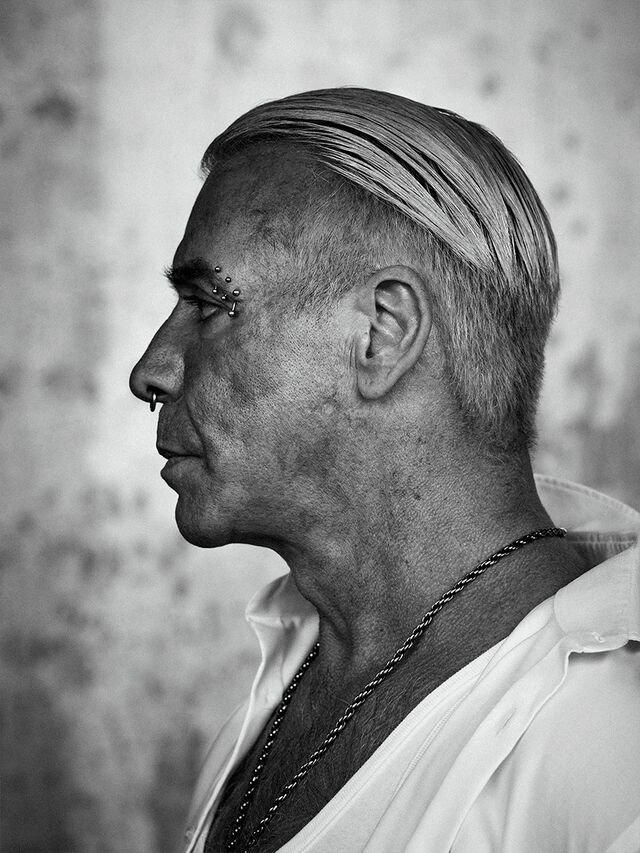
Till Lindemann, the frontman of German industrial metal band Rammstein, has filed a criminal complaint against several top editors and journalists at Der Spiegel, one of Germany’s most prominent news magazines. The legal action follows a series of investigative articles published in 2023, which detailed anonymous allegations of sexual misconduct tied to Lindemann’s behavior during Rammstein’s tour events.
The articles, which sparked significant media attention and public debate, alleged improper conduct at exclusive after-show gatherings. Though Lindemann immediately and strongly denied all accusations, the controversy ignited a firestorm that not only tarnished his public image but also led to scrutiny of the band’s tour operations and fan engagement practices.
Now, Lindemann is pushing back. Filed in Berlin, the criminal complaint accuses Der Spiegel of spreading “false and defamatory information” with reckless disregard for the truth. His legal team argues the publication violated journalistic ethics by publishing serious allegations without giving Lindemann a proper chance to respond prior to release.
“This is not only about restoring Mr. Lindemann’s reputation,” said his attorney, Dr. Ralf Höcker, in an official statement. “It is about drawing a line against irresponsible journalism that disregards due process and the presumption of innocence.”
According to the legal filing, Lindemann’s team is pursuing charges under German criminal code provisions related to defamation, slander, and the intentional dissemination of false information. The complaint specifically names several Der Spiegel editors and investigative journalists involved in the reporting.
In response, Der Spiegel has defended its work, stating that the investigation was conducted with “the utmost care, in compliance with German press law, and in the public interest.” The magazine has not retracted its reporting and maintains that it acted responsibly and lawfully.
Lindemann, known for his explosive performances, poetic lyrics, and provocative artistic expression, has always walked a fine line between controversy and creativity. While some critics viewed the original allegations as reflective of troubling behavior, many fans and artists have rallied to his defense, citing a history of theatrical performance misinterpreted as reality.
The legal showdown has reignited broader debates in Germany about the power of the press, the protection of public figures, and the line between accountability and character assassination. Legal experts suggest the case could set important precedents in the balance between media freedom and individual rights.
As the court process unfolds, one thing is clear: this is no longer just a story about music or media — it’s a fight over truth, reputation, and the limits of modern journalism.
Leave a Reply